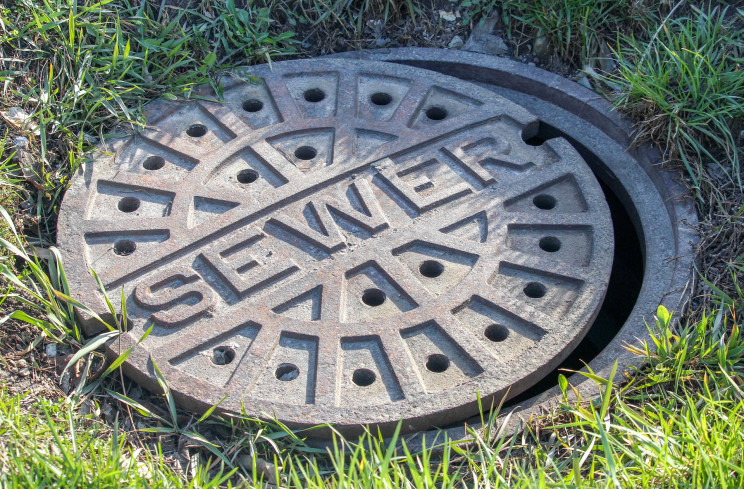What you should know before selling or purchasing a property
This blog is from our seven part Year in Review series “Topics of Note Influencing the Nantucket Real Estate Market in 2021.” Read the comprehensive real estate analysis here.
Nantucket is served by both a municipal sewer system as well as by private septic systems on individual properties, sometimes known as on-site systems or on-site disposal systems. A septic system consists of multiple mechanisms that work together to break down and ultimately direct and distribute the flow of treated waste to subsurface soils away from the system. Septic regulations are continually modified to improve efficiency, reduce environmental impact, and adapt to new technologies. The condition, capacity, and placement of a septic system are all important considerations when buying, selling, and developing Nantucket real estate. Each transaction is unique and certain responsibilities as they pertain to septic systems can fall on different sides of any given transaction.
Geographically speaking, there are currently two sewer districts set up on the island: the core sewer district and the ‘Sconset sewer district. The core district extends out from Town toward Monomoy and the airport area to the east, Mid-Island and parts of Surfside and Miacomet to the south, and Brant Point and parts of Cliff and the Hummock Pond Road area to the west. The Town of Nantucket aims to extend public sewer out to Madaket, but the timeline on that is uncertain. Properties located within a sewer district are required to use the sewer system, and for those neighborhoods where sewer is newly installed, there are specific regulations and Town-mandated timelines that address abandoning a septic system and hooking up to town sewer. Any property outside of this public sewer area must have its own septic system, or in the few cases of certain cluster subdivisions, a shared neighborhood system.
When evaluating a property, three key considerations with regard to private septic systems include location, capacity, and type. Systems must be set back a certain distance from property lines, wetlands, and private water wells. Proximity to groundwater is also taken into account. The size of a given lot and the zone in which it is sited will determine the permissible size of said system. The size of a system is typically communicated using “bedroom count” although there are other more in-depth details such as flow rate, gallon capacity, etc. Nantucket’s Health Department uses bedroom count versus bathroom count, because a bedroom is typically a more accurate indicator of the potential occupancy of a house. There are also further details on what actually defines a bedroom, as well as how to account for all other rooms in a house. Finally, there are other types of systems beyond a conventional septic system, such as a tight tank (often found in Madaket) or an Innovative/Alternative (“IA”) system. Engineers are developing IA systems to provide or enhance an on-site system whose components aren’t designed or constructed in a way that is consistent with a conventional system per state and local regulations.
When real estate changes hands in any arms-length transaction, it is always the responsibility of the seller to have a certified inspector perform a Title V inspection to certify compliance with state and local criteria. If a septic system fails this inspection, the onus to repair can be negotiated between the parties. If a system can’t be repaired or replaced before a sale, money can be escrowed and a buyer can be given a credit at closing for the repairs. Alternatively, based on other details of a contract, the buyer may take on all costs.
As with any building or renovations projects on island, there is a comprehensive set of state and local rules pertaining to septic systems. All installation, repair, and changes to a septic system must pass through a permitting process with the Nantucket Health Department. Permits generally are good for two years from date of issue. More specific information on permitting, regulations, design and upgrades, and enforcement can be found on their website.

